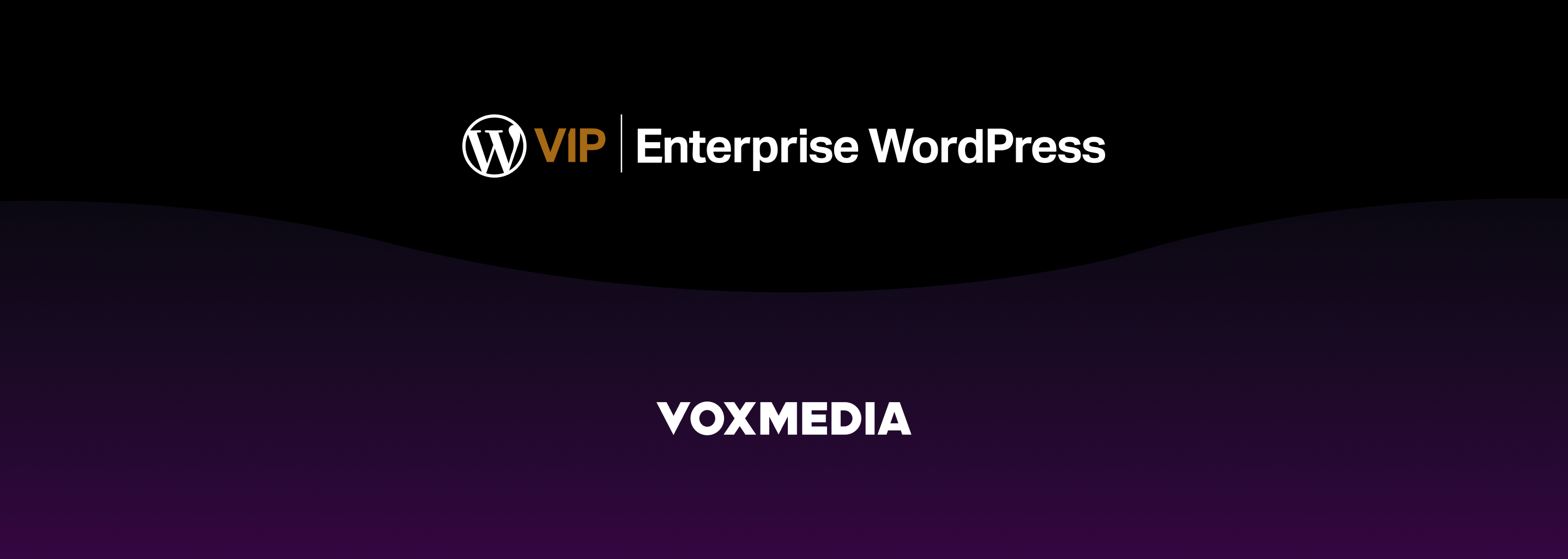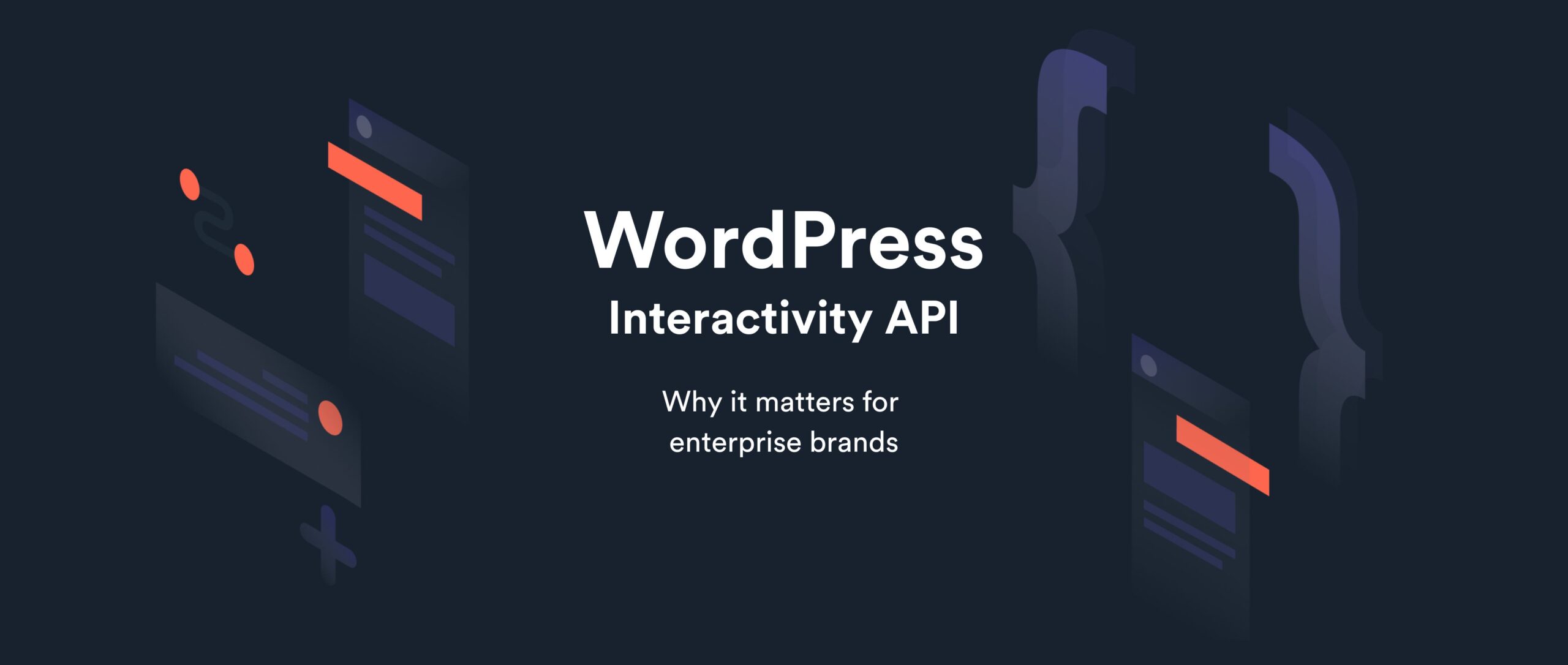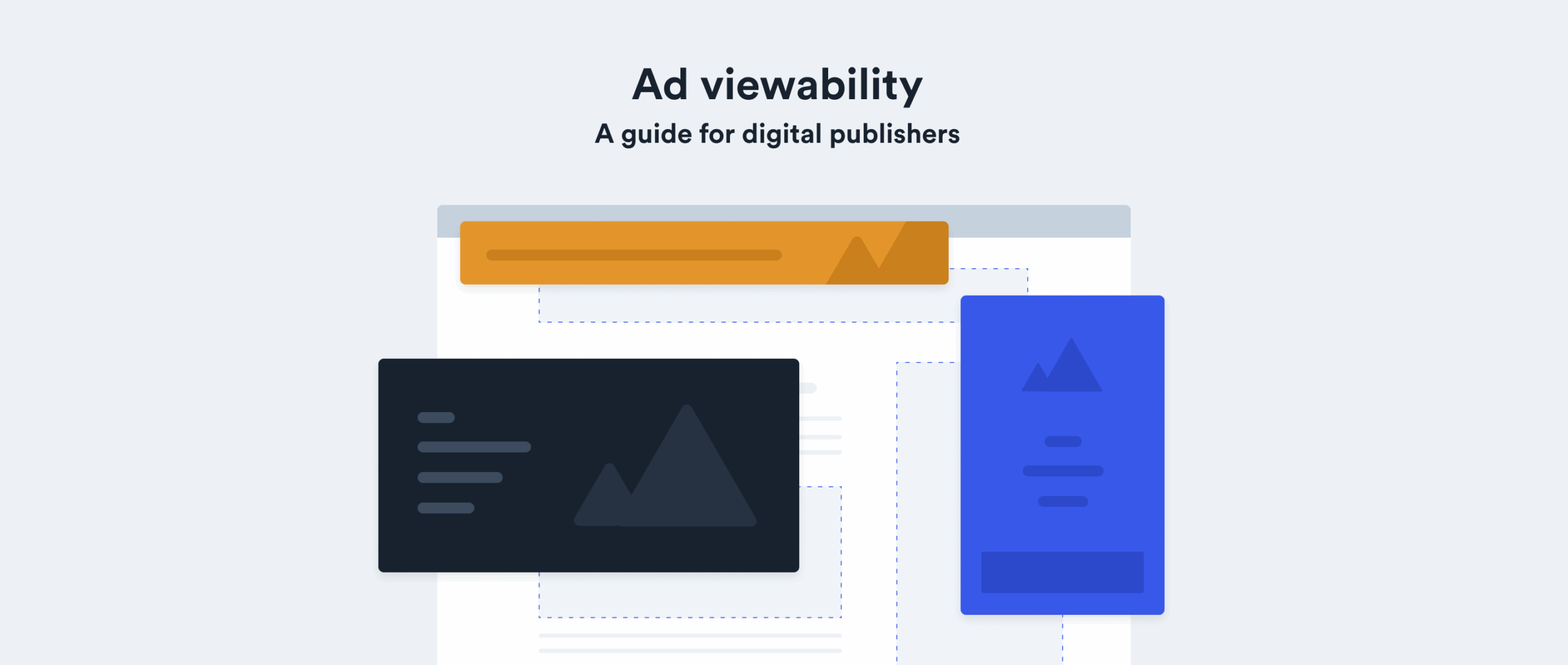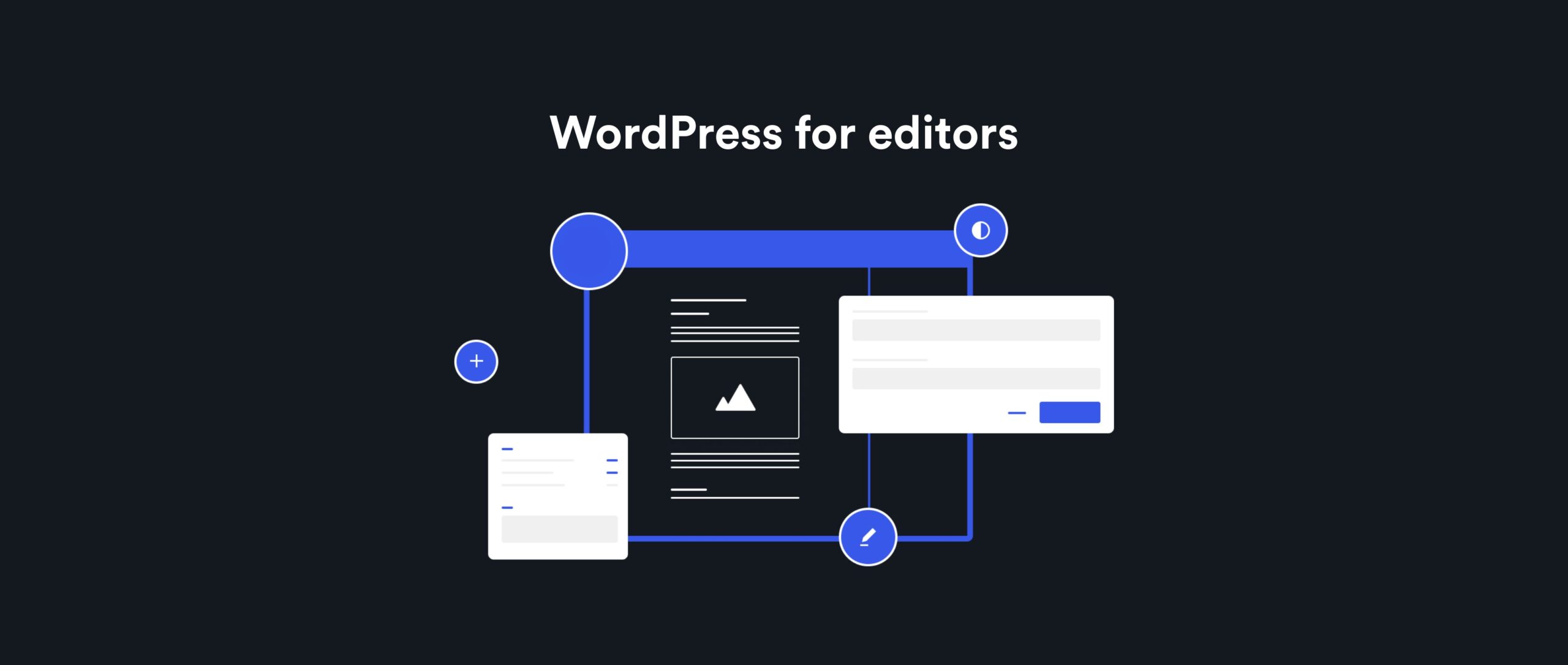As the parent company of twelve well-known titles including The Verge, New York Magazine, and Eater, Vox developed its own publishing system – Chorus – back in 2008. A decade later, it began licensing Chorus to other publishers to create an additional revenue stream, however in December it served notice to its CMS clients, and this month confirmed that it’s sunsetting the internal system for good.
Focusing on its editorial brands, Vox is now in the process of shifting its titles across to WordPress, which is another coup for the open source platform that’s continued to strengthen its flexibility, scalability, and publishing functionality (including must-have monetisation features). As one of the most competitive platforms on the market, WordPress is an enticing option for the increasing number of enterprises that have outgrown their in-house solution, and many big names – such as News Corp, Al Jazeera, and Microsoft – have already made the leap.
From hero to hindrance
In the early days of online publishing, a lack of suitable software led many newsrooms and enterprises to develop their own bespoke content management systems. The widely-adopted ‘build not buy’ approach empowered brands to create systems that best matched their operational needs at the time, however the ferociously rapid evolution of the industry and user expectations means that most – if not all – are now woefully outdated.
Today, systems that were once the pride and joy of publishers are holding back organisations in a myriad of ways, eating up time and money, and impacting the speed and efficiency of brands competing in fast-paced sectors. Many are also nigh on impossible to update without a complete rewrite, making specialist platforms such as WordPress the obvious choice.
I believe that on a long enough timeline, the survival rate of proprietary software drops to zero.
Matt Mullenweg
WordPress Co-Founder
Refocusing on core objectives
Of course, large-scale organisations do have the option of significantly investing in and constantly updating their in-house systems to ensure they keep up with current standards, however many now realise that such an endeavour is a costly distraction from their core objectives. Far from being a ‘one and done’ build, CMSs need well-designed strategies, roadmaps and releases to cover everything from data protection legislation to search engine algorithm updates, and the work involved can quickly become overwhelming for any brand that isn’t primarily set up to build software.
Digital media consultant Martin Ashplant, who has overseen CMS migrations at Metro, City A.M and the New Statesman Media Group among others, advises: “Ultimately the build or buy question is one which every publisher will face at some point in their decision-making process. What option they choose will come down to multiple considerations, not least cost, availability of technology talent and required time to market. But publishers should always be clear on what their core value to their audiences is, and not get distracted by trying to build something new if it won’t significantly boost this value and there are suitable alternatives available to buy instead.”
Unsurprisingly, the co-founder of WordPress Matt Mullenweg is also a huge advocate for moving away from in-house CMS platforms. Responding directly to the news that Vox will soon be powered by WordPress, he said: “I believe that on a long enough timeline, the survival rate of proprietary software drops to zero. I don’t fault anyone for starting a CMS – I’ve been guilty of that myself a half-dozen times, not counting WordPress – but while something custom-built may seem better for your needs in the beginning, that never lasts. Unless you invest heavily in engineering (like tens of millions per year), the steady improvement of a healthy open source community, like the tens of thousands of developers working on WordPress every day, will eventually catch and surpass any proprietary system.”
If you’re ready to explore the advantages of moving to an open source CMS, get in touch today to find out how Big Bite can help.



